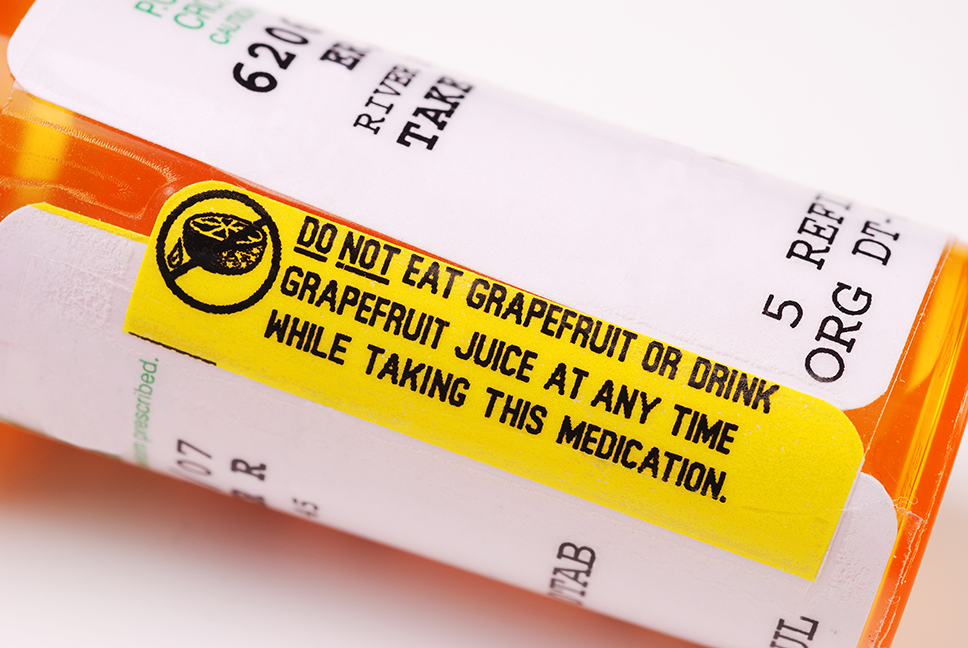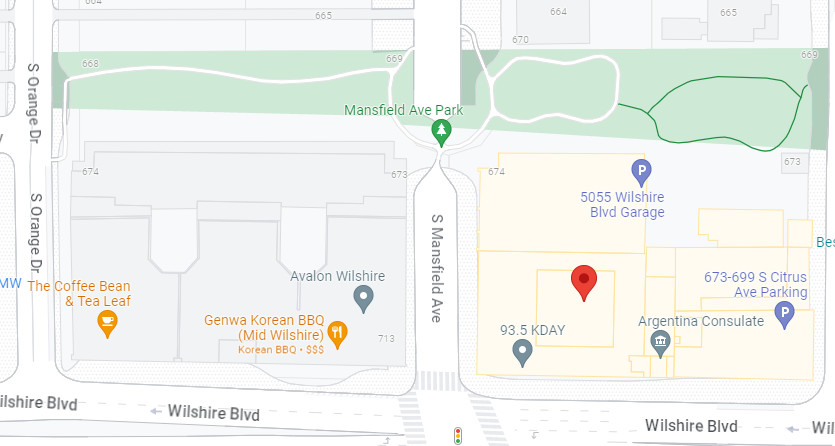Watch Out for Foods That May Interact With Your Medication

If you take medication, you should pay attention to your diet for potential interactions with prescription and over the counter drugs. What you eat and drink can prevent a medicine from working the way it should or cause side effects. Even foods considered healthy can potentially interfere with a medicine’s efficacy.
While, in most cases, you do not have to remove drug-interactive foods from your diet entirely, leaving two to four hours between consumption of interactive foods and taking your medication might be recommended. Below is a list of some of the most common prescription drugs and the foods that might interfere with their effectiveness.
Drugs that Treat Infections
Watch out for: Alcohol, Avocados, Bananas, Chocolate, and Salami
The above foods contain tyramine, an amino acid that can cause blood pressure to spike if taken with certain drugs, such as metronidazole (Flagyl) and linezolid (Zyvox), which are used to treat bacterial infections. Tyramine is also found in foods that are aged, pickled, fermented or smoked, such as processed cheeses, anchovies and dry sausage.
Alcohol paired with these medications could cause nausea, cramping and vomiting.
Blood Pressure Medications
Watch out for: Potassium-rich foods—Bananas, Green Leafy Vegetables, Oranges, Grapefruit and Salt Substitutes
ACE inhibitors (lisinopril, captopril, enalapril) treat heart-related conditions, including high blood pressure and heart failure, by widening blood vessels and increasing blood flow, thereby decreasing the amount of work the heart has to do. ACE inhibitors, however, can also increase the body’s level of potassium, which helps provide electrical signals to cells. Consuming large amounts of potassium rich foods could lead to elevated blood potassium levels, resulting in the risk of irregular heartbeat or palpitations.
Beta blockers (atenolol, metoprolol, carvedilol) work by slowing the heart and relaxing blood vessels. They are best taken with food to prevent rapid absorption and excessive lowering of blood pressure.
Calcium channel blockers are also frequently used to treat high blood pressure. Drinking grapefruit juice or eating grapefruit can alter the breakdown of these medications, resulting in elevated blood levels.
Warfarin (Blood Thinner)
Watch out for: Broccoli, Brussels sprouts, Cabbage, Kale and Spinach
Warfarin (Coumadin) is a blood thinner that works by interfering with how the body uses vitamin K, produced naturally in your intestines to help blood clot. While it is not recommended that you avoid foods high in vitamin K—such as those listed above—you should work with your doctor to achieve the right balance of Warfarin and vitamin K so that you don’t counteract the benefit of your Warfarin.
While, in most cases, you do not have to remove drug-interactive foods from your diet entirely, leaving two to four hours between consumption of interactive foods and taking your medication might be recommended.
Cardiac Medications, ED drugs and Birth Control Pills
Watch out for: Grapefruit, black licorice
Statins are highly effective, commonly prescribed medications used to lower cholesterol. Grapefruit can increase the amount of statin in the blood and can increase the likelihood of side effects such as muscle pains or liver function abnormalities. Grapefruit can also cause side effects when ingested with erectile dysfunction drugs such as Viagra, resulting in headaches, flushing and low blood pressure.
Real black licorice and products with licorice extract contain glycyrrhizin, a compound that when combined with digoxin (Lanoxin)—used to treat heart failure and abnormal heart rhythms—can cause an irregular heartbeat or death.
When consumed with birth control pills, glycyrrhizin may reduce the effectiveness of most blood pressure drugs, intensify the side effects of blood thinners, raise blood pressure and lower potassium levels.
Thyroid Drugs
Watch out for: Soybean Flour, and Walnuts
These high-fiber foods can prevent your body from absorbing thyroid drugs such as levothyroxine (Levothroid, Levoxyl, Synthroid). If you eat a high-fiber diet while taking thyroid medications, try taking your dose later in the evening.
Final Words
The drug-food interactions listed here give you a sampling of the most common ones to watch out for. When starting a new medication, however, be sure to ask your doctor or pharmacist about any foods or beverages you should avoid, in addition to checking the directions on the medication label.
Additionally, alcohol can interact negatively with many prescription drugs, so it is always best to confirm with your doctor or pharmacist whether or not you can drink while on your medication. Drinking alcohol before, after or along with your medicine can exacerbate side effects and increase your risk of liver damage.
For further information, many resources are available at the FDA website www.FDA.gov


